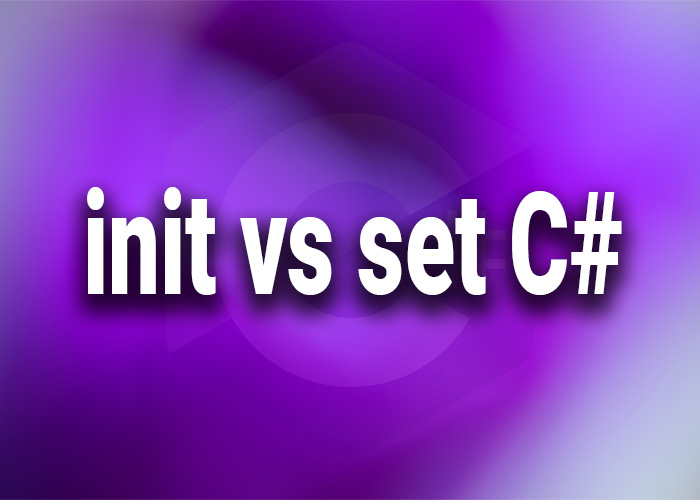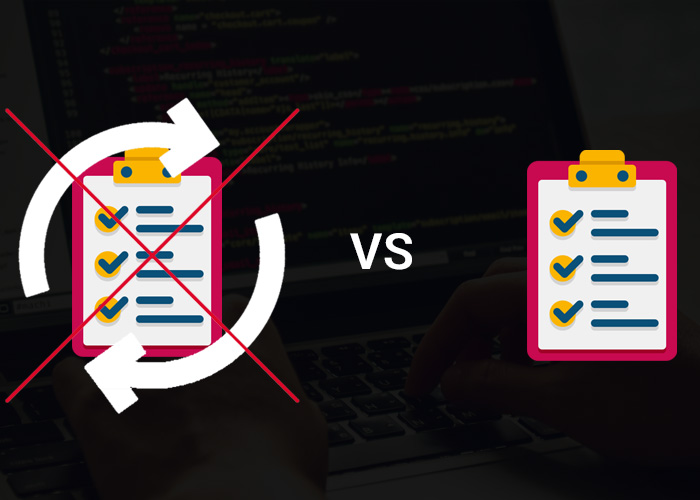Understanding Anonymous Methods without Delegates in C#
In C#, anonymous methods are typically associated with delegates, providing a way to pass a block of code as a parameter without declaring a separate method. However, with the evolution of C#, it's possible to use anonymous methods in ways that do not directly involve the delegate keyword, particularly through lambda expressions. This article explores how you can implement anonymous methods without explicitly using delegates and the benefits of doing so.
Introduction to Anonymous Methods and Delegates
Traditionally, anonymous methods in C# are defined using the delegate keyword, allowing developers to declare methods inline without a name. Here's a classic example:
delegate(int x) {
Console.WriteLine($"Processed value: {x}");
};
Transition to Lambda Expressions
Lambda expressions, introduced in C# 3.0, provide a more succinct and flexible way to write anonymous methods without the delegate keyword. They are syntactically simpler and can be used wherever a delegate type is expected.
Syntax of Lambda Expressions
Lambda expressions use the => operator, which is read as "goes to." They are especially handy in LINQ queries and event handling.
x => Console.WriteLine($"Lambda value: {x}")
Using Lambda Expressions as Anonymous Methods
Lambda expressions can effectively replace anonymous methods in most scenarios, providing a concise way to define behavior inline. They can be used directly in event handlers, LINQ queries, and any place that requires a delegate.
Example: Event Handling with Lambda Expressions
Instead of using the delegate keyword, you can attach an event handler using a lambda expression:
button.Click += (sender, args) => MessageBox.Show("Button clicked!");
This code snippet attaches a lambda expression directly to a button's Click event without using a separate delegate declaration.
Example: LINQ Queries with Lambda Expressions
Lambda expressions are integral to LINQ, allowing you to write powerful queries with minimal code:
var filteredData = dataList.Where(x => x.Age > 30).ToList();
Here, the lambda expression x => x.Age > 30 serves as an anonymous method passed to the Where method.
Benefits of Using Lambda Expressions Over Traditional Delegates
- Conciseness: Lambda expressions reduce the amount of boilerplate code, making your methods shorter and easier to read.
- Clarity: By eliminating the delegate keyword, lambda expressions focus on the operation being performed, which enhances clarity.
- Versatility: Lambda expressions can return values and can be easily converted into expression trees, making them useful in a variety of advanced programming scenarios, such as LINQ to SQL.
- Flexibility: Lambda expressions can capture external variables in the same way as anonymous methods, providing closure capabilities.
Conclusion
While traditional anonymous methods using the delegate keyword are still valid in C#, lambda expressions offer a more modern, concise, and flexible way to write anonymous methods without explicitly declaring delegates. They streamline event handling, LINQ queries, and other delegate-based programming patterns, making them a preferred choice in modern C# development. Understanding and using lambda expressions effectively can greatly enhance the readability and maintainability of your code.





